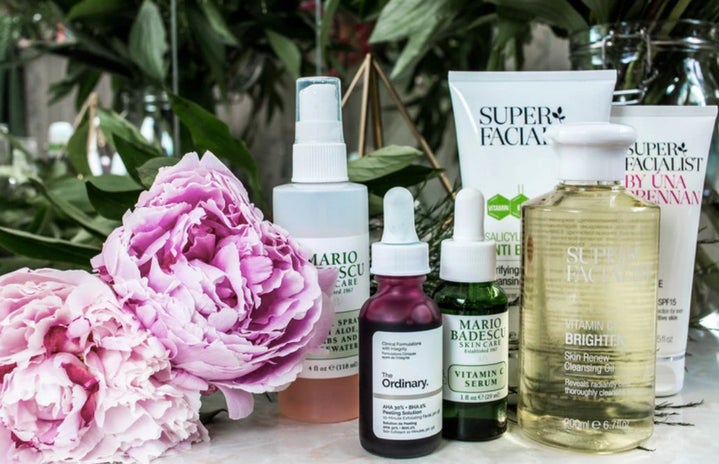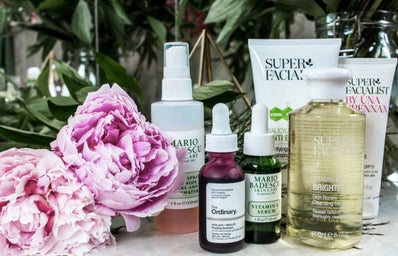When I embarked on writing this article, I began with an idea in my head that I would discuss the charm of charcoal — that is, researching the effectiveness of charcoal products and relaying here the scientifically proven benefits.
I was curious about how my own charcoal products were benefiting me, as I too have followed the recent trend that has seen charcoal in everything from toothpaste to face masks.
BTW — I’m not talking about the charcoal you would use on a grill.
Many beauty products, like I’ve listed here, use activated charcoal, and which comes from carbon-rich materials like wood or coal that burns at a high temperature and combines with other materials or gases to become more porous.
Activated charcoal is a known detoxifying agent, long used to filter water and to treat some drug overdoses and poisonings in the ER.
But charcoal may not be doing as much as you may think in personal care and wellness products.
Read on to see where it can make a difference in your daily routine — and where it won’t.
With these products, don’t bother
1. Toothpaste
Toothpastes infused with charcoal often tout such claims as detoxifying the mouth and whitening teeth.
However, there’s no concrete scientific evidence that suggests charcoal toothpaste is effective according to this article published in the Journal of the American Dental Association.
In fact, there is speculation that it can cause enamel decay and may even cause cancer.
2. Skin care
According to Science Direct, there is a lack of scientific evidence backing claims on whether face washes or masks featuring charcoal are highly effective in doing what they often promise to do: deep-clean pores, exfoliate, prevent aging or clear skin.
Take into consideration also how short of a time the activated charcoal typically sits on the skin during these treatments, and how thinly concentrated the activated charcoal may be in a treatment, and you may be better off selecting a product with more success-proven ingredients.
My experience: I’ve used a black charcoal bath soak for a few months. As much as I wanted to like the product and feel cleaner or ~detoxified~, the only difference I really noticed was stubborn black residue coating my bathtub.
3. Tablets for lowering cholesterol, treating diarrhea, indigestion, or preventing hangovers
Information from the U.S. National Library of Medicine suggests activated charcoal has shown insufficient or little evidence in treating these ailments.
What it may be useful in
1. Deodorant
Because activated charcoal is highly porous, it can be effective in absorbing bacteria and neutralizing odors — bye, bye, BO. It can also be effective in deodorizing shoe inserts for this reason.
Charcoal deodorant might not be the best choice if you have sensitive skin, though.
Try: Charcoal Deodorant Driftwood, $14, koparibeauty.com
2. Wound dressings/treating skin infections
Studies like this one have found that activated charcoal can be viable in helping to treat skin infections and to speed up the recovery process of wounds.
Try: Systagenix Actisorb 220 Activated Charcoal Dressing with Silver, $15, healthproductsforyou.com
As always, find what is safe and works for you!


